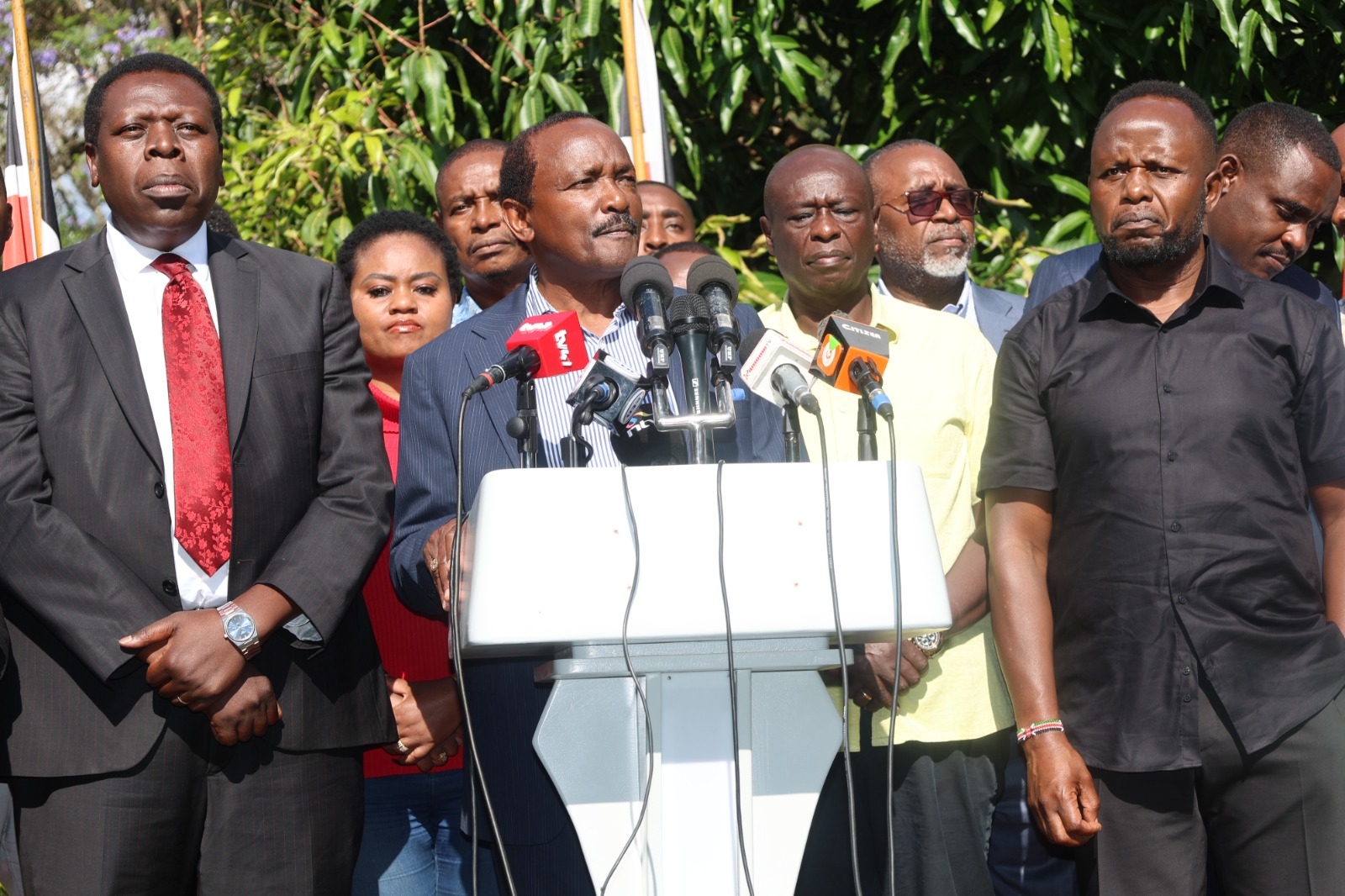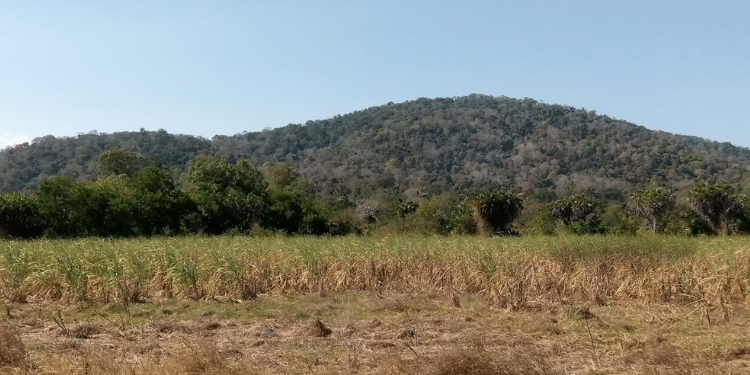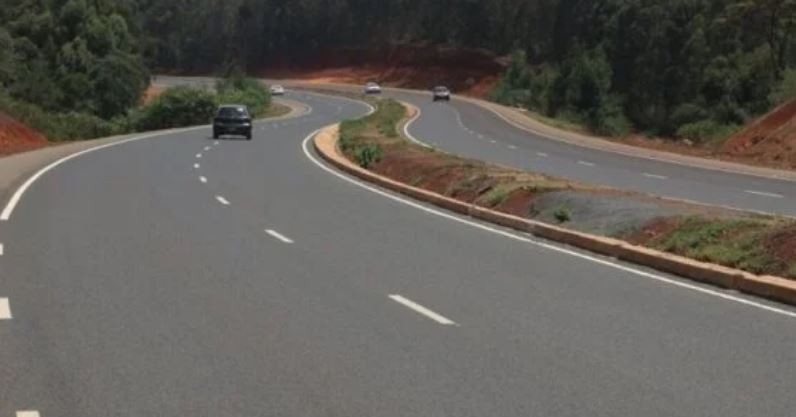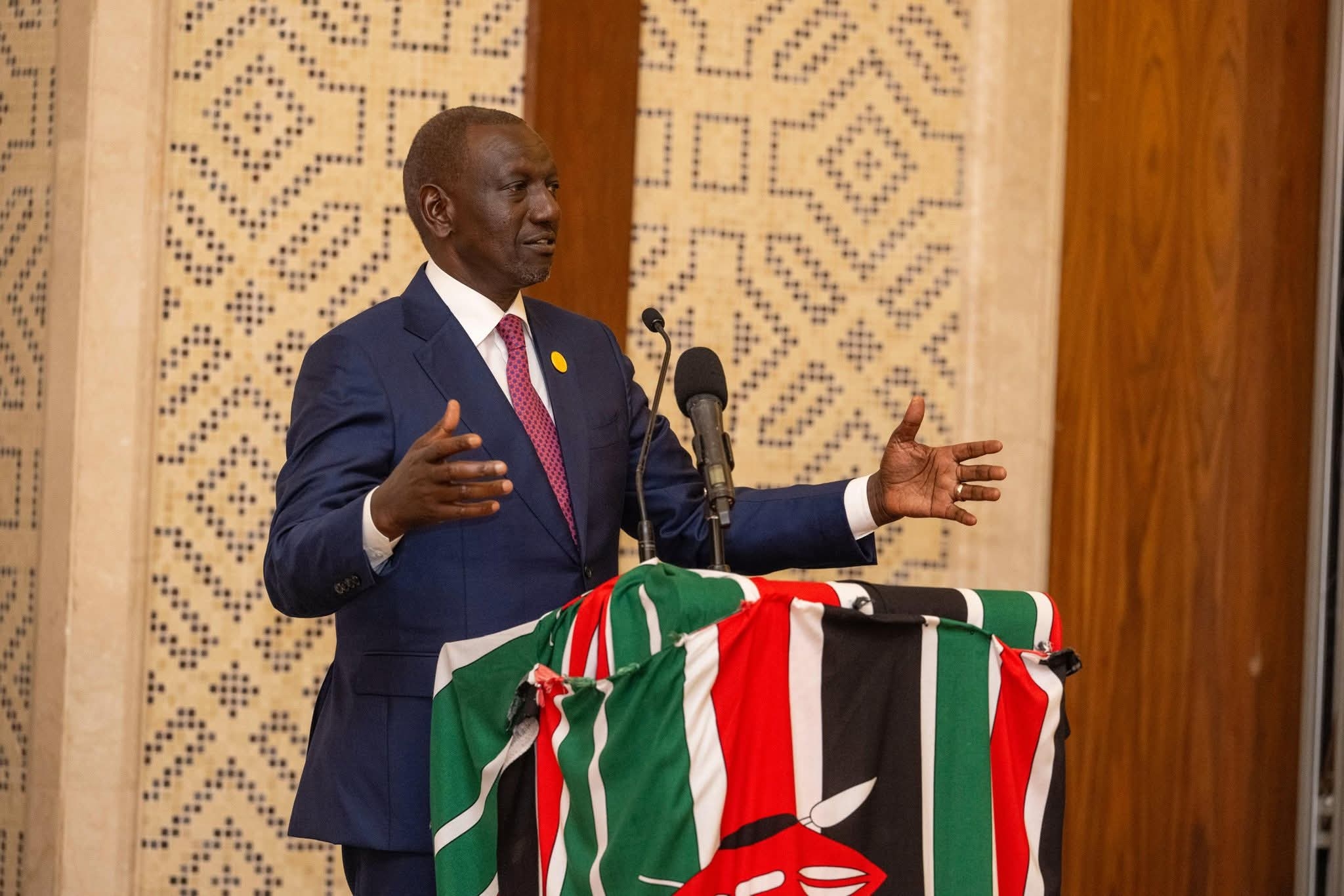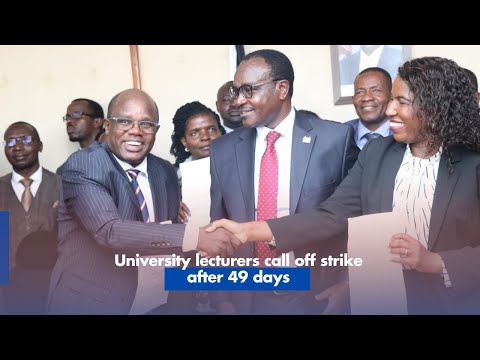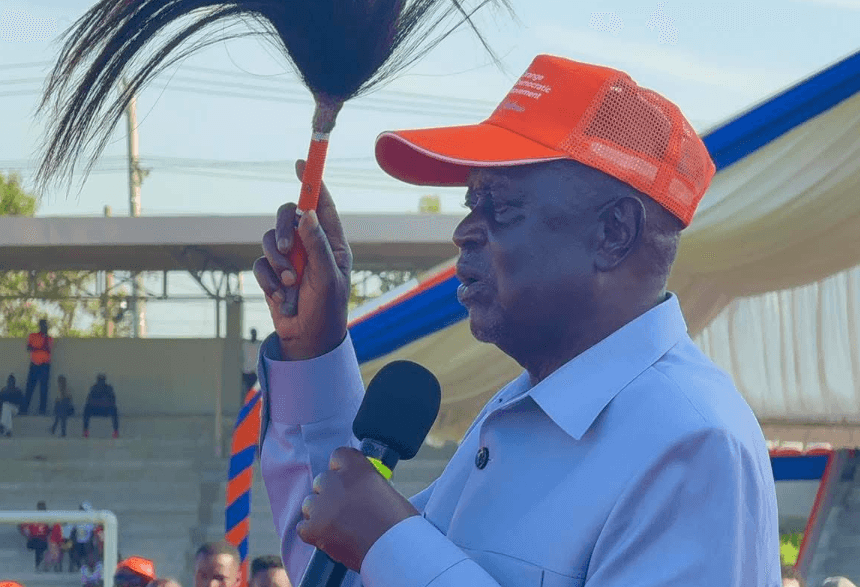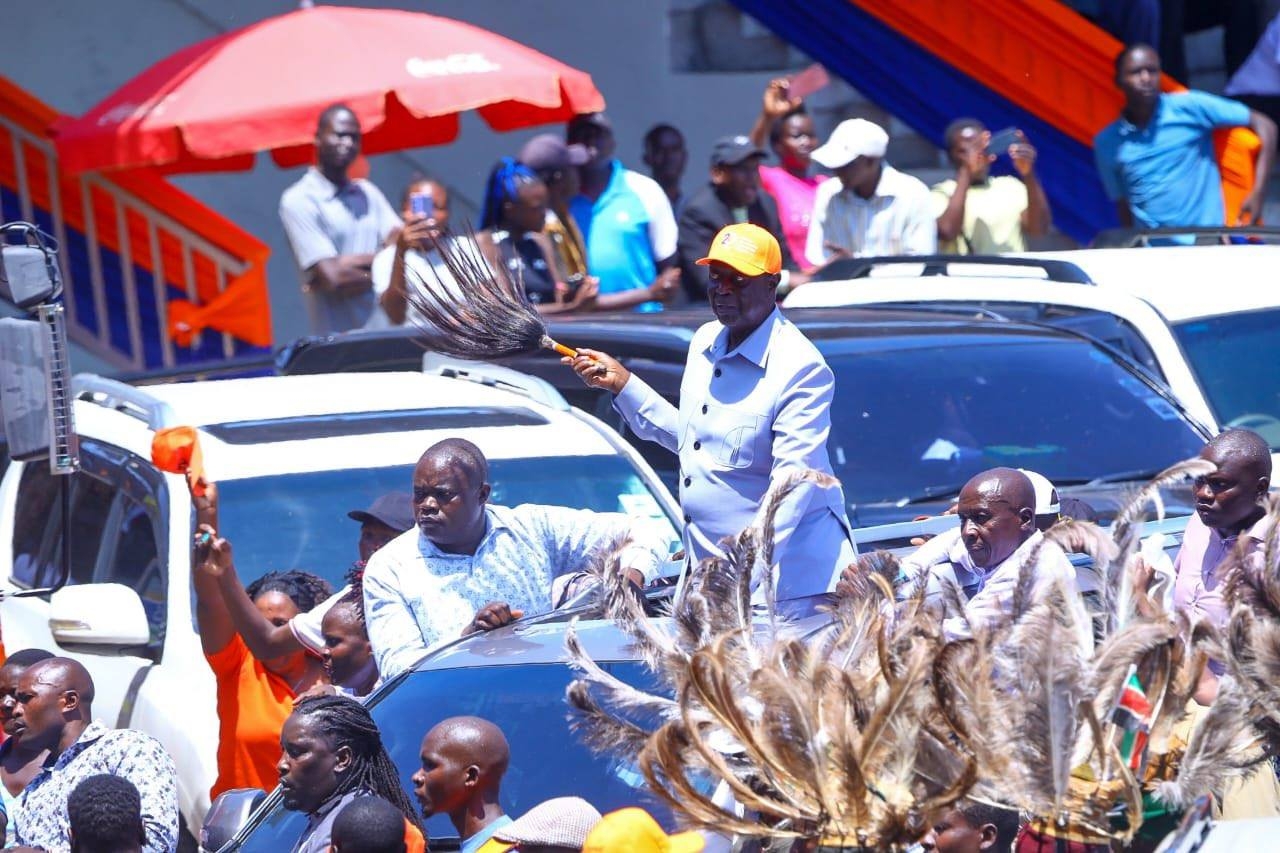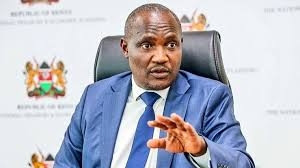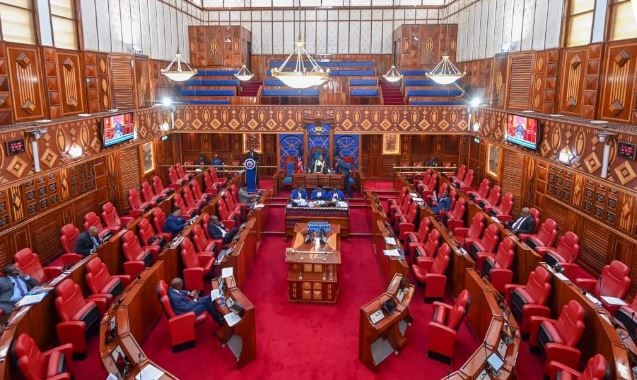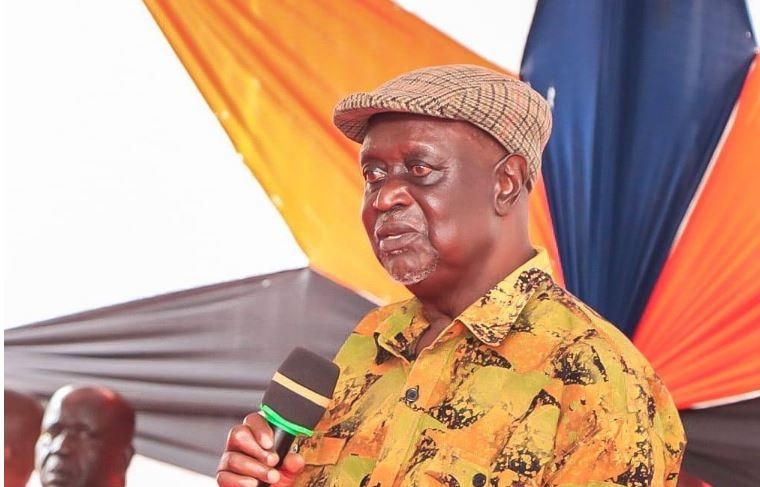At the age of nine, Mwalimu Ali began to lose his eyesight, forcing him to quit school while in fourth grade.
Despite consistently ranking first in his academic performance, the pupil at Bongwe Gombato Primary School had his dreams abruptly halted.
Ali had to forego his aspirations of becoming a lawyer and come to terms with his condition, which started in his left eye, eventually affecting the right.
His family tirelessly sought treatment for his condition, moving from one hospital to another without success.
Leaving school at such a young age was heartbreaking and the hardest decision Ali, who was born and raised in Ukunda, had ever made.
He faced the daunting challenge of adapting to life without sight, relying on his other senses to navigate the world around him.
But Ali's thirst for knowledge remained unquenched.
A few years later, he joined Likoni School for the Blind.
"We attempted to seek treatment and determine the cause of my condition, but our efforts were unsuccessful. That's when we were advised to enroll in a school for the blind," he said.
Losing sight was not losing vision
Recommencing his education rekindled his dreams of achieving success.
But he had to start afresh - going through Class 1 to 8.
Ali was introduced to braille and audio books, a completely new learning system which he found challenging to adapt to at first.
After successfully completing primary school education, he joined Kilifi Township Integrated School where he sat for his Form Four examination.
Undeterred by the loss of his eyesight, Ali was determined to keep pursuing his education.
He underscored the value of education, saying empowerment without exclusion is important.
"Education is key to life, whether for people with special needs or those without."
He enrolled at the Kenya College of Communication Technology in Nairobi, where he earned a Diploma in Communication specialising in Telephone Operation.
Later, he pursued another Diploma in Governance and Leadership through the National Democracy Institute.
"I had to accept my blindness and realise that life must continue. I slowly learned how to adapt to my situation, and I thank God that I have made it this far," he said.
Disability does not equate to inability
Living with disability does not limit one's capacity to make significant contributions to society, Ali says.
Since losing his eyesight, he has developed unique abilities to master his environment.
Other body senses became active and through years, he learnt how to use them appropriately.
"It's all about concentration. I can even sense if there is something around me just by listening and relying on my other senses and instincts," he said.
He can accurately recognise people by their voices, body scent and walking style.
Through touch, he is able to determine one's complexion.
PWDs need equal opportunities too
Unlike many persons with disabilities, resorting to begging never crossed his mind.
A family man, Ali manages part-time businesses in addition to serving as the county coordinator for the NGO Muslim Women Advancement of Rights and Protection.
In his role at the NGO, the 40-year-old engages in advocacy, championing the rights of women, youth and persons with disabilities.
The husband and father of two says through these ventures, he earns a substantial income and is able to support his family.
This has been made possible by his supportive family, who have stood by him throughout the years, taking good care of him and helping him realise his potential.
While he is grateful that during his childhood, he did not experience significant stigmatisation, Ali acknowledges that this remains a persistent issue for many other PWDs.
Many are often neglected and hidden from society.
In the past, it was common for PWDs to be buried alive or abandoned because it was considered shameful to raise such children.
He urges parents and stakeholders to provide equal opportunities in education and employment for all children.
PWDs have talents and can make valuable contributions to society and the economy, Ali adds.
The chairperson of local football club Amsterdam in Ukunda, Ali is also known for his intelligence, neatness and impeccable sense of style.
He is good at selecting clothes design, he says, thanks to the unwavering support he receives from his wife and family.


